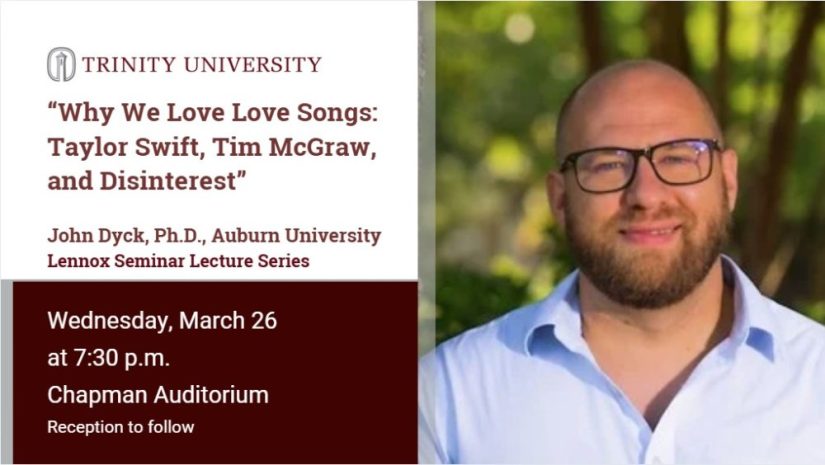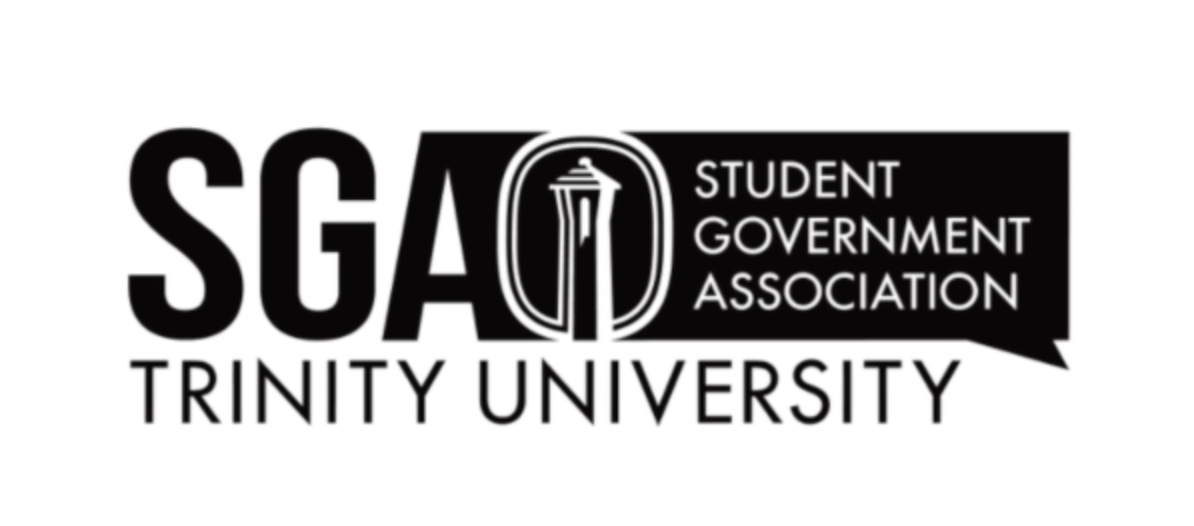Photo by Oliver Chapin-Eiserloh.
While no specific policies about smudging exist at Trinity, the practice is prohibited under the open flame policy.
Smudging is a native indigenous ritual that involves the burning of herbs and cleansing of one’s home to remove any negative or harmful energy.
Trinity’s open flame policy prohibits the use of fire as it poses a fire hazard in residence halls. Additionally, the sensitivity of the smoke detectors can lead to bigger issues, according to Sheryl Tynes, vice president for Student Life.
“In our conversations with Facilities Services, they have reinforced the prohibition of any item that would produce smoke due to the sensitivity of smoke detectors located in each residence hall room. Fire alarm activation requires a response from the San Antonio Fire Department, and it may eventually cause a delay in response to an actual fire,” Tynes wrote over email.
Junior Kayla Padilla performs smudging — or “limpiezas” as she calls it — because she watched her mother do it in their house. The practice to her is a way of preserving indigenous spirituality and having control during times where she may feel powerless. Padilla is an opinion columnist for the Trinitonian.
“To me, personally, it is a form of maintaining peace in one’s home while also creating a sense of control. You can recite a prayer while doing it or create your own words to recite; the point is to use the good inside of us to remove the ugly in the physical world. For people who have often been portrayed as powerless in post-colonial times, this is our way of influencing what we allow into our life,” Padilla said.
In 2017, point-three percent of Trinity students identified as American Indian or Alaska Native.
“Policies come about when a need arises,” said Alex Serna-Wallender, university chaplain. “There hasn’t been some intentional conversation around what should a policy around this look like. So default it falls under that.”
Institutions near the Rocky Mountains, like Montana University, and in other places with higher numbers of indigenous people and students are more likely to have policies specific to practices like smudging.
“Every institution is different and every context is different. Also, the needs of particular students look different. It’s always hard to talk in abstract without having intentional conservations with students to understand the specific needs and requests on how to balance that,” Serna-Wallender said.
Both Trinity departments and off-campus institutions would need to be consulted to approve any updates to the open flame policy. These include the Department of Environmental Health and Safety, Facilities Services and Trinity’s insurance provider.
“Like any institution, Trinity policies change over time, and student interests are an important factor in many great changes. It is important to know, however, that this is not solely a decision of the division of Student Life,” Tynes wrote.
Padilla, who has had her smudging materials confiscated by Trinity before, believes that the university has not shown inclusivity to indigenous peoples. Deb Tyson, director of residential life, and Tynes did reach out to Padilla after this event.
“I think it’s very telling Trinity doesn’t have smudging policies. I mean, the ritual itself shouldn’t even be policed on our campus. We know how to do it without setting our room on fire, and the idea of even having to ask permission to practice our ritual is pretty insulting, especially considering Trinity is built on native land,” Padilla said. “So to me, at Trinity, limpiezas means doing what I want, when I want and declaring ancestral rituals superior over ‘campus policy’ that isn’t even inclusive of our spirituality.”





